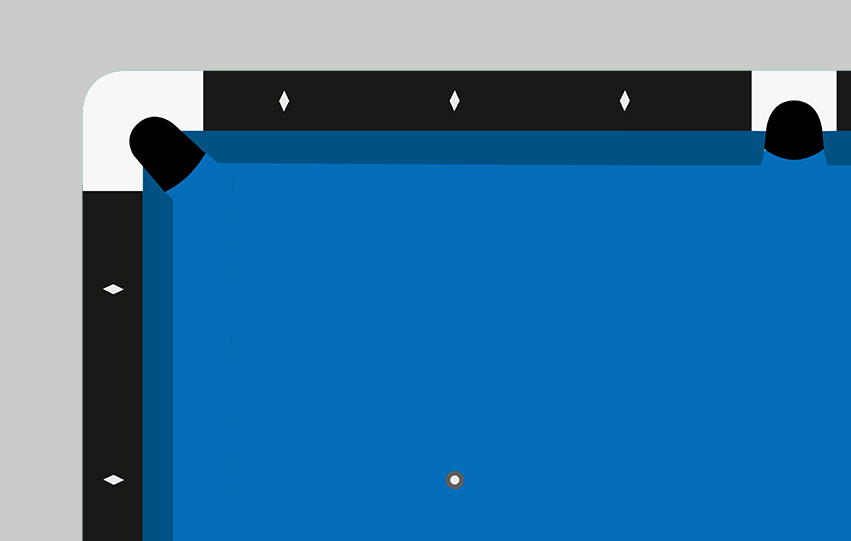
One of the most beloved sports is pool. It can be played on a number of different sized tables. It's a challenging game, and it requires a lot of skill. Although there are many variations of pool, the most popular ones are eight ball and continuous pool. These games require skill and can either be played solo, in pairs or as a group sport.
The goal of the game's objective is to place all designated balls. This includes the eight-ball, cue ball and other object balls. Each player gets one of the two pockets located at the feet of the table. They continue until they foul, miss, or both. Fouls must be reported to the officials and the ball must be put back on for a fresh shot. A break, hitting the cue ball in an object ball or breaking an unwritten rule, as well as execution of a jump shot, are all possible fouls.
The World Standardized Rules is the official pool rules. They are used in numerous international tournaments and other organizations as well as the Billiard Congress of America. Fouls must be committed when the ball is lost. The opponent's ball must be re-entered and the point will be awarded to the player who has the ball in his pocket.

Eight-ball has one goal: to find the black eight ball. Depending on the variant of the game, other balls will be numbered from 1 to 9. If the player pockets a ball into his own pocket, he wins the game.
A normal foul is penalized with a minus point. The ball must immediately be racked if it is caught in the middle of a foul. The player can restore the position in which he was before the foul. He may choose to keep his shot, and if his opponent places a ball in his pocket, he will be awarded a point.
Another foul is the ball-in-hand foul. This happens when the ball is touched by a player without his or her foot touching the floor. Before taking a shot, the player must announce which pocketed ball he or she has. After the foul, the ball must be kept as close to the foot spot that it was when it was taken.
Before taking the next shot, the player who has committed two fouls consecutively must be warned. A third foul, if not accepted by the player, will result in the loss of the game. Example: If the player breaks during the first inning of play, he/she will be awarded a minus point of -10.

Non-player interference can also be considered a foul. Non-player interference is when the ball is pushed, bumped or thrown by an opponent or unscheduled lighting fixture. Non-player interference is not considered if the ball gets pocketed in the course, or as a foul.